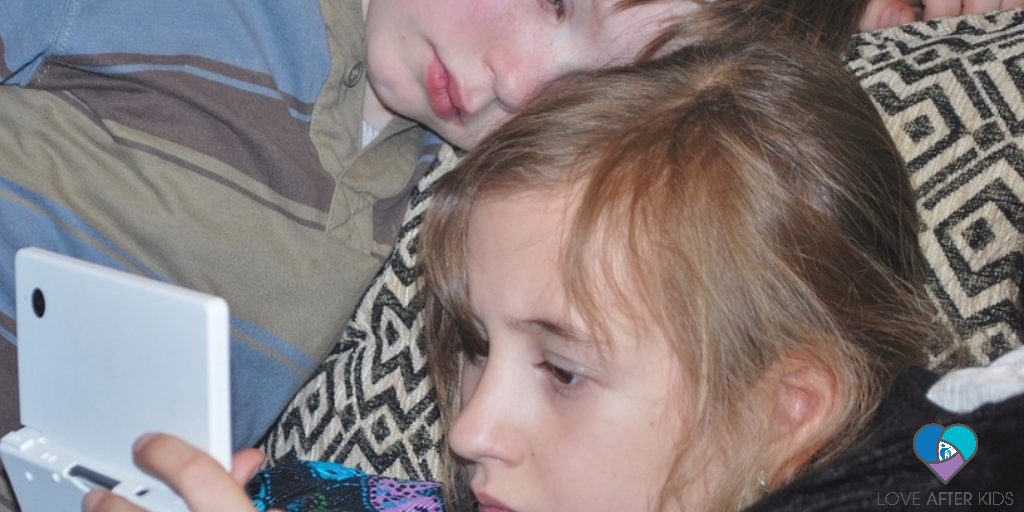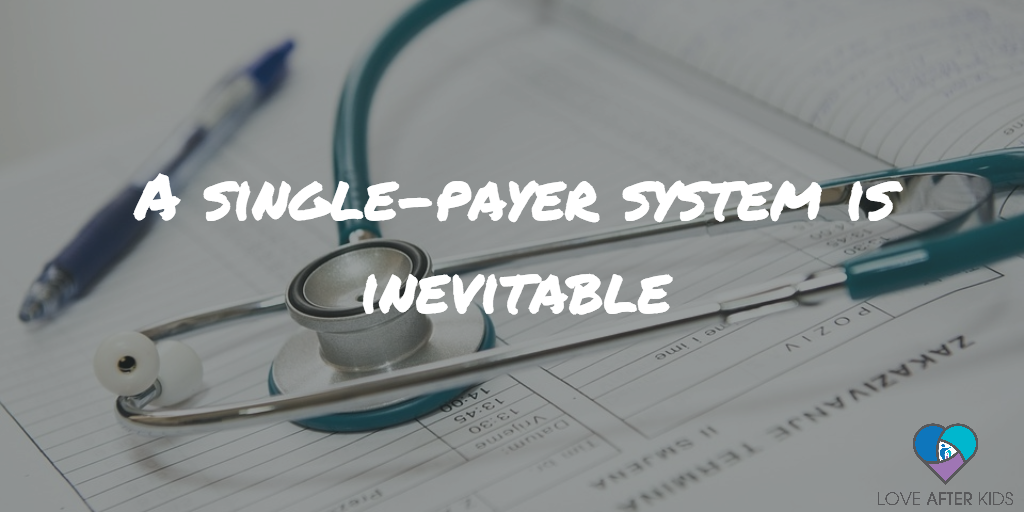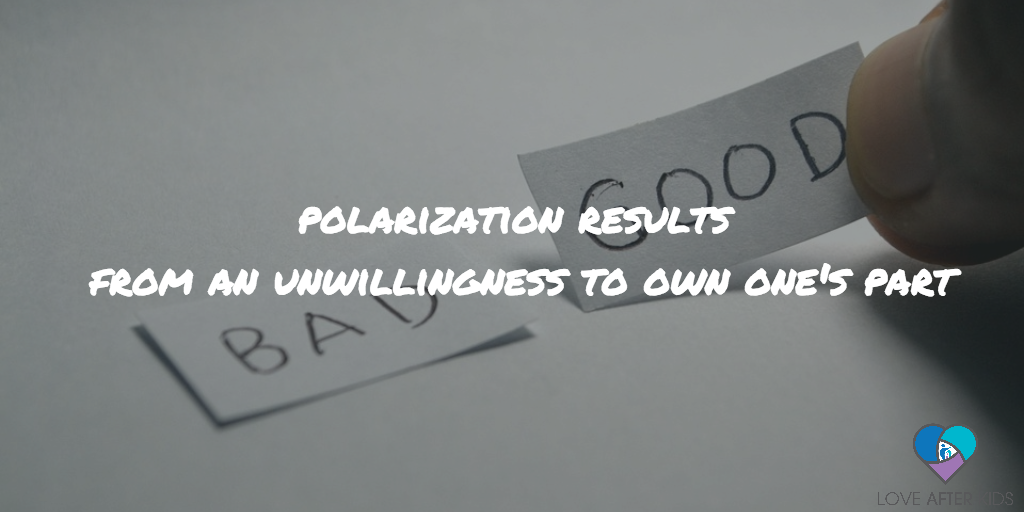The same is true for marriage, and the same is true for life. Information is knowledge, but it isn't everything. Experience isn't everything either. Information combined with experience isn't everything either.
|
No matter how much someone tells you what it's like to become a parent, about the struggles and the joys, or how many books you read, there's only so far you can go with information without the actual experience.
The same is true for marriage, and the same is true for life. Information is knowledge, but it isn't everything. Experience isn't everything either. Information combined with experience isn't everything either. The summer is ending, which means new routines, morning rush and back to school. For many of us, it means a more frenetic lifestyle, getting the kids ready in the morning, dropping them off, picking them up, after school activities, homework, etc.
The transition back to school is an opportunity to reflect and introduce new ways of doing things as couples and parents. This is a tough one for me and an almost universal topic with other parents that I work with.
Why is it that seeing our kids being lazy or avoidant or uninterested is so triggering and difficult to deal with? For starters, I think on some level it is really hard to connect with what it was like to be their age. Yes, there is a small percentage of kids that are super self-motivated, but most kids aren't. If you give kids a choice between creating a website or watching a youtube video, the vast majority will choose to watch the video. Healthcare is the most important issue in our country at the moment, because the fate of coverage for millions of Americans hangs in the balance. It is definitely safer now that Collins, Murkowski and McCain voted against the repeal of the Affordable Care Act, but Trump does have the power to suffocate the ACA by withholding state funds.
There is only one solution now in this country and that is a single-payer system. It is what Obama (and others as far back as Teddy Roosevelt) wanted in the first place. I watched a TED talk the other day by Noah Feldman on the birth of partisanship in the United States. When James Madison, the principal architect of the U.S. constitution, crafted the constitution, he envisioned a non-partisan nation. Alexander Hamilton helped Madison to market the constitution and they created the Federalist papers. But when Hamilton became Treasury Secretary, he wanted to create a central bank and a trade economy. This infuriated Madison, who wanted an agriculture-based economy with minimal trade. The two went from being partners to being opponents and party politics (in the U.S.) were born. |
Archives
March 2022
Categories |






 RSS Feed
RSS Feed